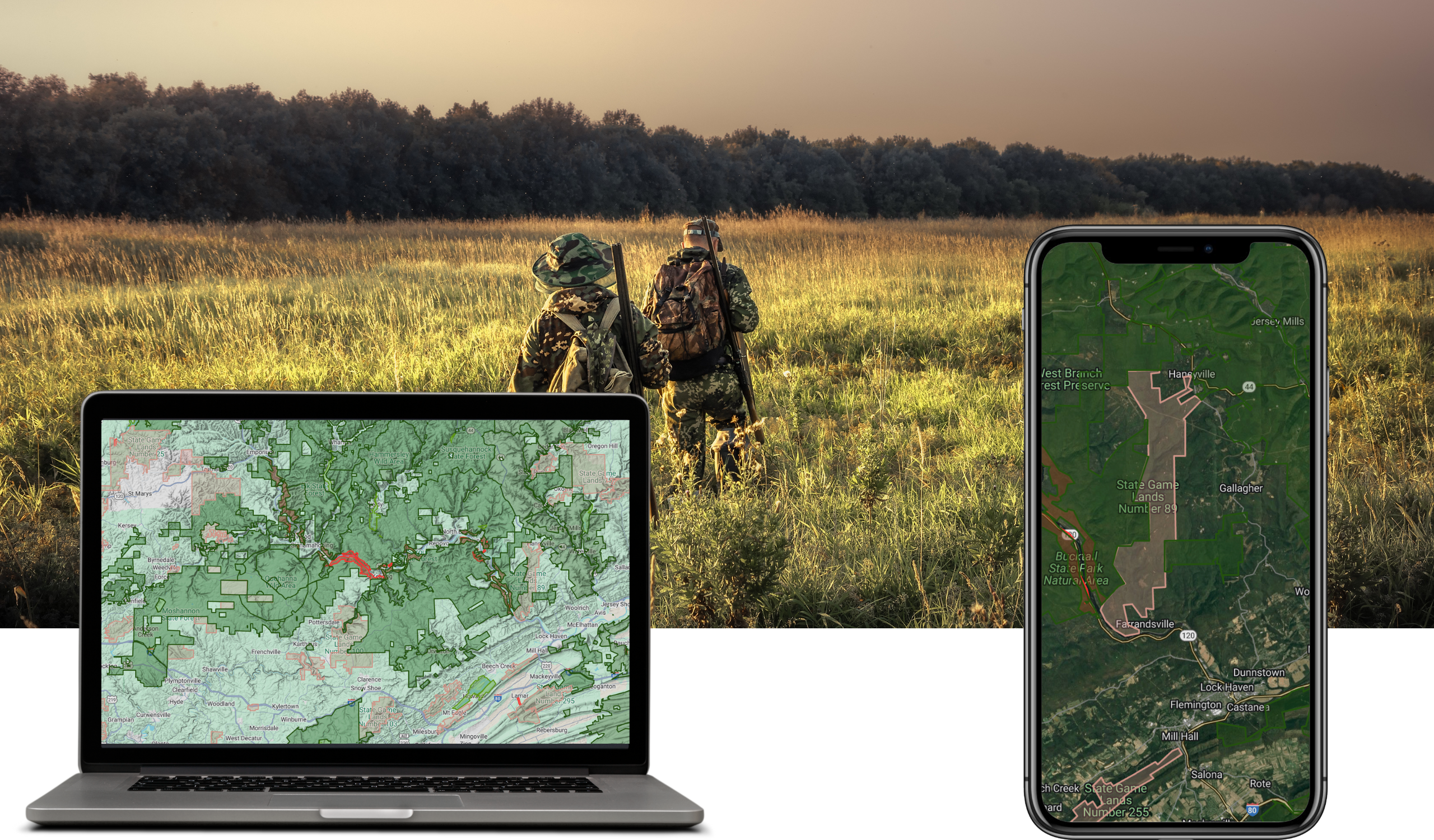The Wisconsin Department of Natural Resources (DNR) and Wisconsin Conservation Congress (WCC) just released the public input results from the 2025 Spring Hearing. Over 9,000 people took part, casting votes online and in person on a range of topics that matter to hunters, anglers, and conservationists across the state.
These hearings are a long-standing Wisconsin tradition. But keep this in mind: the results are advisory only. They don’t change regulations outright. Instead, they help guide decisions made by the DNR, the Natural Resources Board (NRB), and WCC down the line.
What Issues Got the Most Support
Field Dressing in the Field
Hunters showed strong support for a proposal that would allow leaving the nonedible parts of deer, bear, and elk at the site of harvest. Over 5,200 participants supported this idea, with around 1,800 opposed.
It’s a practical move—less weight to haul out and more time focusing on the hunt.
Expanded Access for Disabled Hunters
Another topic with wide support: giving disabled hunters the opportunity to hunt statewide during the two-day youth firearm deer season in October. Just over 4,100 people favored this proposal.
This reflects strong backing for inclusive access and supporting those with limited mobility.
Fall Turkey Season in Zones 6 and 7
About 4,200 participants backed an idea to extend the fall turkey season in northern hunting zones 6 and 7. Hunters in these areas often deal with tougher weather and terrain, so more time in the woods could help balance opportunity across regions.
Fishing-Related Proposals
Earlier Start for Trout and Salmon Season
A proposal to begin the general inland trout and salmon season at 5 a.m. on the first Saturday in April received backing from over 3,200 people.
For early risers who like to hit the water at dawn, this change would align better with fish activity and typical angling patterns.
Three-Line Trolling in More Counties
More than 2,500 participants supported adjusting trolling rules to allow up to three lines per angler in certain counties. It’s a popular technique, especially on larger lakes where covering water matters.
Aligning Walleye Regs with Minnesota
There was also strong interest—about 3,800 voters—in developing consistent walleye regulations across Wisconsin and Minnesota jurisdictions in the St. Louis River estuary and Western Lake Superior.
That kind of consistency could reduce confusion for anglers crossing state lines and improve cooperation in managing shared waters.
Conservation and Habitat Discussions
Not every item had overwhelming support. A few topics sparked some division.
Lead Ammo and Tackle Restrictions
Some proposals aimed at phasing out lead in ammunition and fishing tackle received mixed responses, with noticeable opposition in certain counties like Manitowoc and Sheboygan. Concerns ranged from cost to availability of alternatives.
$5 Annual Habitat Stamp
A new idea floated this year was a $5 annual habitat stamp to help fund habitat improvement projects. Support varied across the state, with some counties showing hesitance or concern about added fees and oversight.
Accessible Cabins on Public Lands
There was positive interest in adding more accessible cabins on state-managed properties for people with disabilities. This effort would expand inclusive outdoor access, which has seen growing support across all user groups.
What Comes Next
So, what happens after these hearings?
- The WCC compiles the public input and discusses it at their annual convention.
- From there, they may recommend actions or ideas to the DNR and NRB.
- Those agencies decide what to explore further—whether through rulemaking, legislative proposals, or further study.
Public feedback doesn’t equal immediate change. But it plays a vital role in shaping Wisconsin’s approach to wildlife, conservation, and outdoor access.
As Rob Bohmann, Chair of the WCC, put it:
“We had very good participation again for this year’s spring hearings… it tells me the public is still interested and engaged in resource management in Wisconsin.”
Why It Matters
The Spring Hearing isn’t just a formality. It’s a chance for hunters and anglers to weigh in directly—and the state takes that input seriously. Whether you’re for longer turkey seasons or simpler field dressing rules, your voice matters.
If and when changes happen, Hunterizer has your back and will update our maps and seasons information to reflect them.
For the full rundown of this year’s results, check out the official 2025 Spring Hearing summary on the DNR site.
